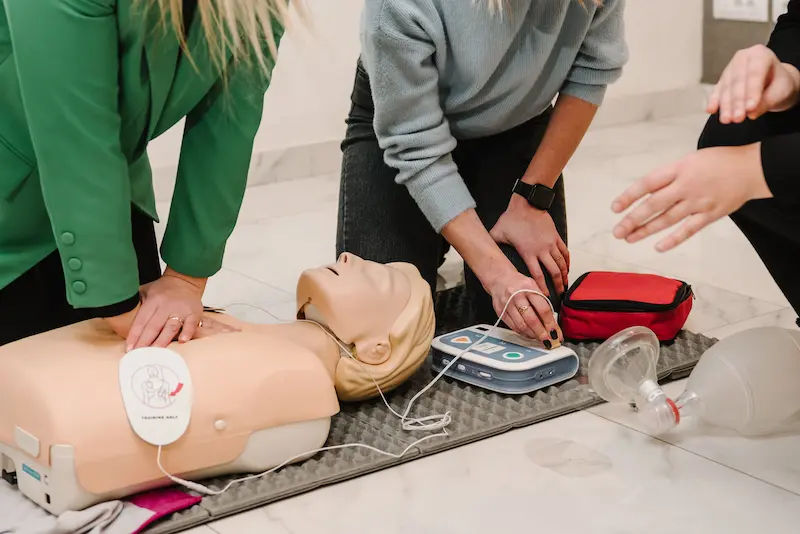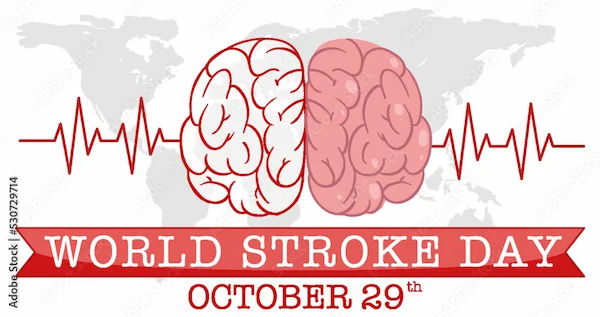- male
- 50 Years
- 31/03/2021
What should we do when BP is high?
More Cardiology Health Queries
View allI'm feeling really concerned because my sister has been diagnosed with RBBB after an ECG, and her vitamin B12 levels are only 128. I've heard about rejunex 1500 injections and was wondering if it would be okay for her to take that. Is it safe for someone with her condition?
Rejunex 1500 injection contains Methylcobalamin which is a form of Vitamin B12. It is commonly used to treat Vitamin B12 deficiency. In this case, since your sister has a low Vitamin B12 level of 128, you can give her Rejunex 1500 injection. The usual dosage for Vitamin B12 deficiency is 1000-1500 mcg injected intramuscularly once daily for 1 week, then once weekly for 4 weeks, and then once monthly. Please consult with a healthcare professional for the appropriate dosage and administration schedule for your sister's specific condition.
Answered by 1 Apollo Doctors
I've been feeling my heartbeat in my stomach lately and it's really starting to worry me. Do you have any advice on what might be causing this?
This sensation is known as pulsatile tinnitus and can be caused by various factors such as increased blood flow near the abdomen. I recommend you to consult with a doctor for further evaluation. You can take over-the-counter pain relievers like acetaminophen (Tylenol) for any discomfort.
Answered by 1 Apollo Doctors
I've been dealing with high blood pressure for the past five months, and it's really starting to worry me. I get dizzy, have blurred vision, headaches, and neck pain too. The weird thing is, sometimes my blood pressure shoots up after I eat. I'm a 26-year-old female, weighing 90 kg with a height of 5'9". My thyroid tests are normal, but I've been on losakindh 25 mg for about three months, and it doesn't seem to be helping anymore. Do you have any advice on what might be going on or what I could try next?
It seems like your blood pressure is not well controlled with Losakind-H 25 mg anymore. I recommend adding a calcium channel blocker like Amlodipine 5 mg once daily to help lower your blood pressure. Additionally, you can consider adding a diuretic like Hydrochlorothiazide 12.5 mg once daily to further control your blood pressure. However, it is important to consult with your healthcare provider before making any changes to your medication regimen.
Answered by 1 Apollo Doctors
Disclaimer: Answers on Apollo 247 are not intended to replace your doctor advice. Always seek help of a professional doctor in case of an medical emergency or ailment.






